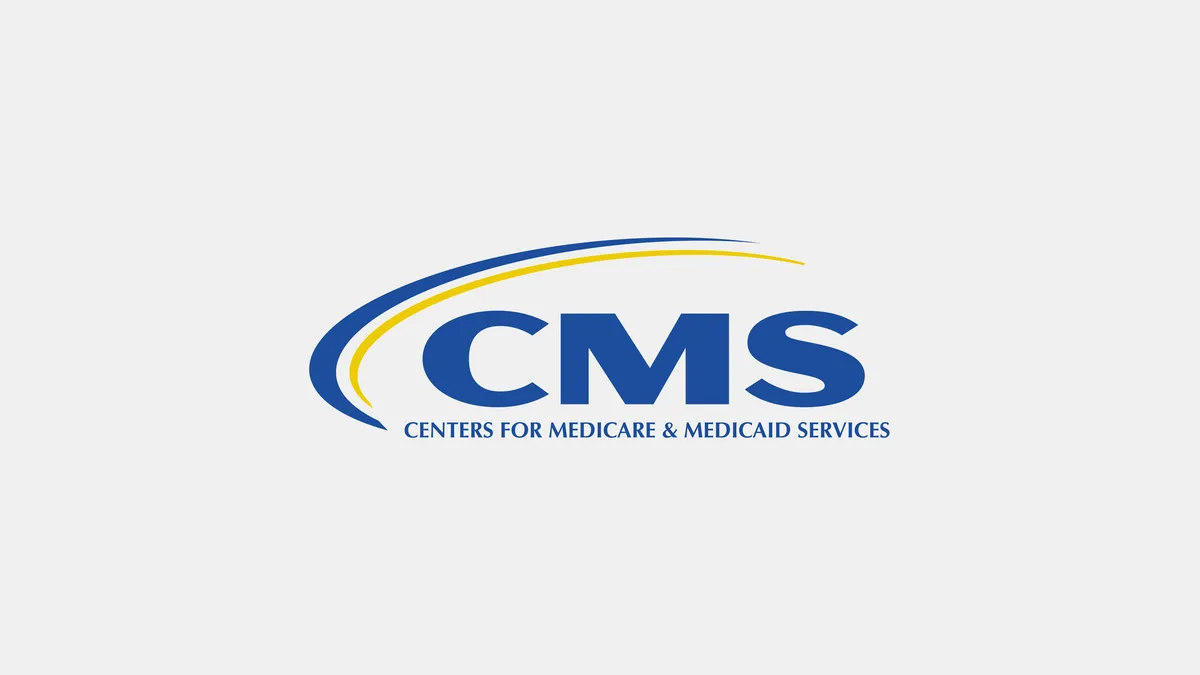Dive Brief:
- CMS is convening a panel of experts to discuss health outcomes in clinical trials of medical devices used in the treatment of cerebrovascular disease, which involves various medical disorders that obstruct brain blood vessels or deteriorate cerebral circulation.
- Members of the Medicare Evidence Development and Coverage Advisory Committee (MEDCAC) will meet on Sept. 22 to discuss their confidence in various health outcomes that can be used to assess the effects of devices for treating and managing conditions such as stroke.
- CMS called the meeting after finding that the "shorter term data with greater reliance upon intermediate and surrogate outcomes" used to bring devices to market is "generally less helpful" for its assessments of the benefits for patients.
Dive Insight:
The push to address unmet medical needs has led FDA to clear and approve products without seeing evidence of long-term effects on clinical outcomes. Rather, the agency has permitted companies to bring devices and drugs to market on the strength of near-term changes in intermediate and surrogate endpoints. Such endpoints are thought to predict clinical benefit, enabling companies to get products to patients faster.
While surrogate and intermediate endpoints are good enough for FDA, they can fall short of the evidence required to show a product delivers clinically meaningful health outcomes to CMS beneficiaries. The differences in data requirements are resulting in "more frequent evidence gaps" for cerebrovascular devices, CMS said, leading the agency to call a meeting to discuss the situation.
"The MEDCAC panel will examine the growing challenges associated with these gaps in the evidence used to support requests for CMS coverage of new and innovative cerebrovascular disease treatment technologies," CMS wrote in its summary of the meeting.
On Sept. 22, the experts gathered by CMS will address four questions, all of which relate to their level of confidence in various endpoints used in investigational device exemption clinical trials. CMS wants to know how confident the experts are that endpoints such as major disabling stroke, number of unscheduled re-admissions and changes on disease scales are "standalone, meaningful primary health outcomes."
The fourth question is slightly different because it asks various questions about confidence in using EQ-5D, a measure of quality of life. CMS wants to know if the experts see EQ-5D as an "adequate measure which reflects the patient experience in the context of cerebrovascular disease studies" and if they think it can be used as a standalone, composite or secondary endpoint. EQ-5D is a pan-disease measure that lacks stroke-specific factors such as cognition.
The outcome of the meeting has implications for developers of cerebrovascular devices. Depending on the level of confidence the experts express in intermediate and surrogate endpoints, CMS may take a softer or harder line on the need for evidence of effect on clinical outcomes.











